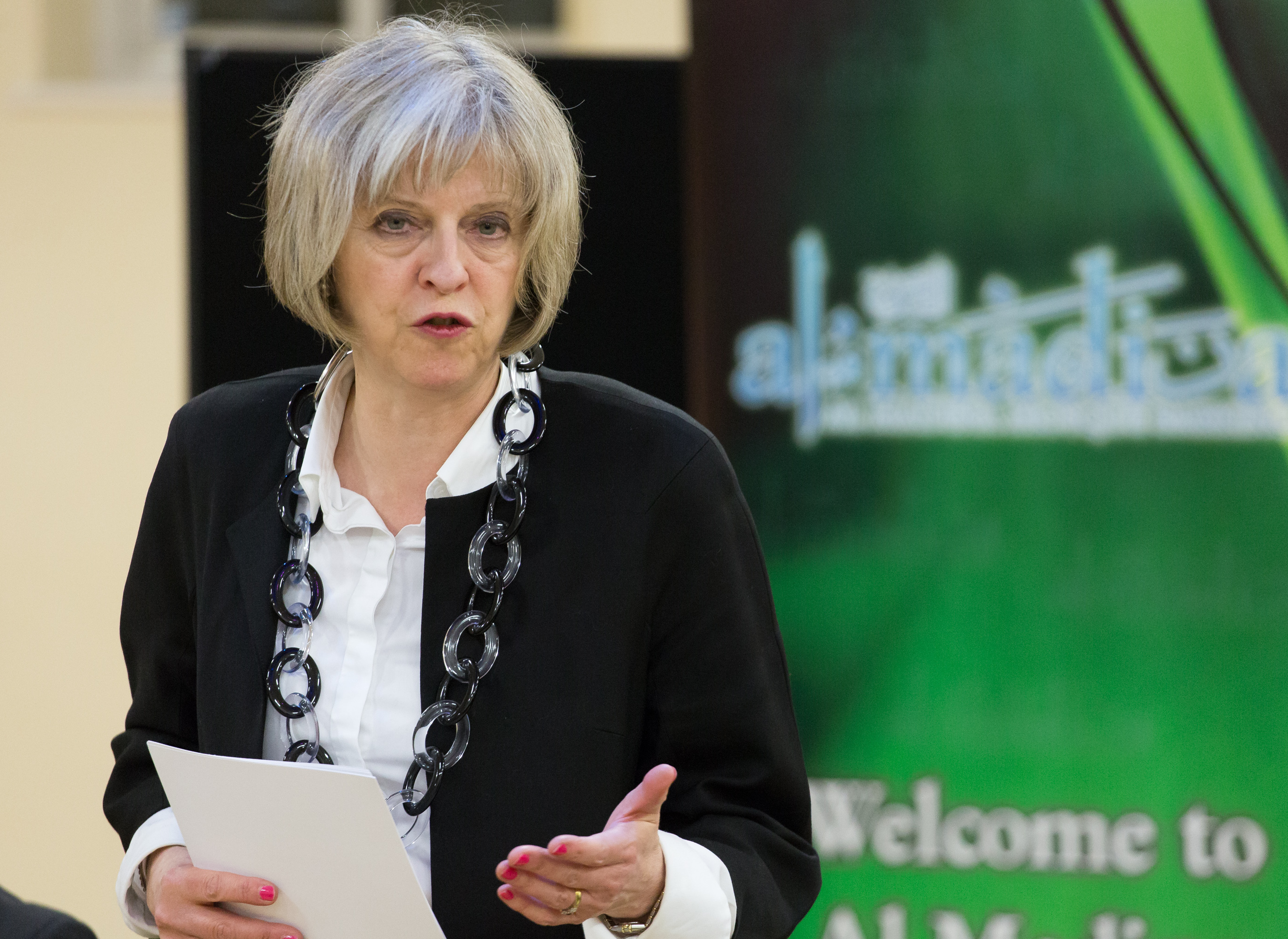In her fist major speech on the question of whether we should #Brexit from the European Union, the Home Secretary said this about the European Convention on Human Rights (ECHR):
But as I have said before, the case for remaining a signatory of the European Convention on Human Rights – which means Britain is subject to the jurisdiction of the European Court of Human Rights – is not clear. Because, despite what people sometimes think, it wasn’t the European Union that delayed for years the extradition of Abu Hamza, almost stopped the deportation of Abu Qatada, and tried to tell Parliament that – however we voted – we could not deprive prisoners of the vote. It was the European Convention on Human Rights.
The ECHR can bind the hands of Parliament, adds nothing to our prosperity, makes us less secure by preventing the deportation of dangerous foreign nationals – and does nothing to change the attitudes of governments like Russia’s when it comes to human rights. So regardless of the EU referendum, my view is this. If we want to reform human rights laws in this country, it isn’t the EU we should leave but the ECHR and the jurisdiction of its Court.
I can already hear certain people saying this means I’m against human rights. But human rights were not invented in 1950, when the Convention was drafted, or in 1998, when it was incorporated into our law through the Human Rights Act. This is Great Britain – the country of Magna Carta, Parliamentary democracy and the fairest courts in the world – and we can protect human rights ourselves in a way that doesn’t jeopardise national security or bind the hands of Parliament. A true British Bill of Rights – decided by Parliament and amended by Parliament – would protect not only the rights set out in the Convention but could include traditional British rights not protected by the ECHR, such as the right to trial by jury.
I also know that others will say there is little point in leaving the ECHR if we remain members of the EU, with its Charter of Fundamental Rights and its Court of Justice. And I am no fan of the Charter or of many of the rulings made by the Court. But there are several problems that do apply to the Court of Human Rights in Strasbourg, yet do not apply to the Court of Justice in Luxembourg. Strasbourg is in effect a final appeals court; Luxembourg has no such role. Strasbourg can issue orders preventing the deportation of foreign nationals; Luxembourg has no such power. Unlike the European Convention on Human Rights, the European Treaties are clear: “national security,” they say, “remains the sole responsibility of each Member State.”
And unlike the ECHR, which is a relatively narrow human rights convention, our membership of the EU involves cooperation – and, yes, rules and obligations – on a much wider range of issues. The country’s decision in the referendum is therefore a much more complex undertaking. So I want to spend some time to go through the most important issues we need to consider.
Theresa May has long been a ECHR-skeptic. She was also responsible, in 2011, for a speech about human rights which was memorable for all the wrong reasons – see #Catgate and our 14 Worst Human Rights Myths (the picture of a cat is in the middle for a reason…).
Here are some links to our key European Convention of Human Rights resources so you can decide for yourself whether she is right or not.







